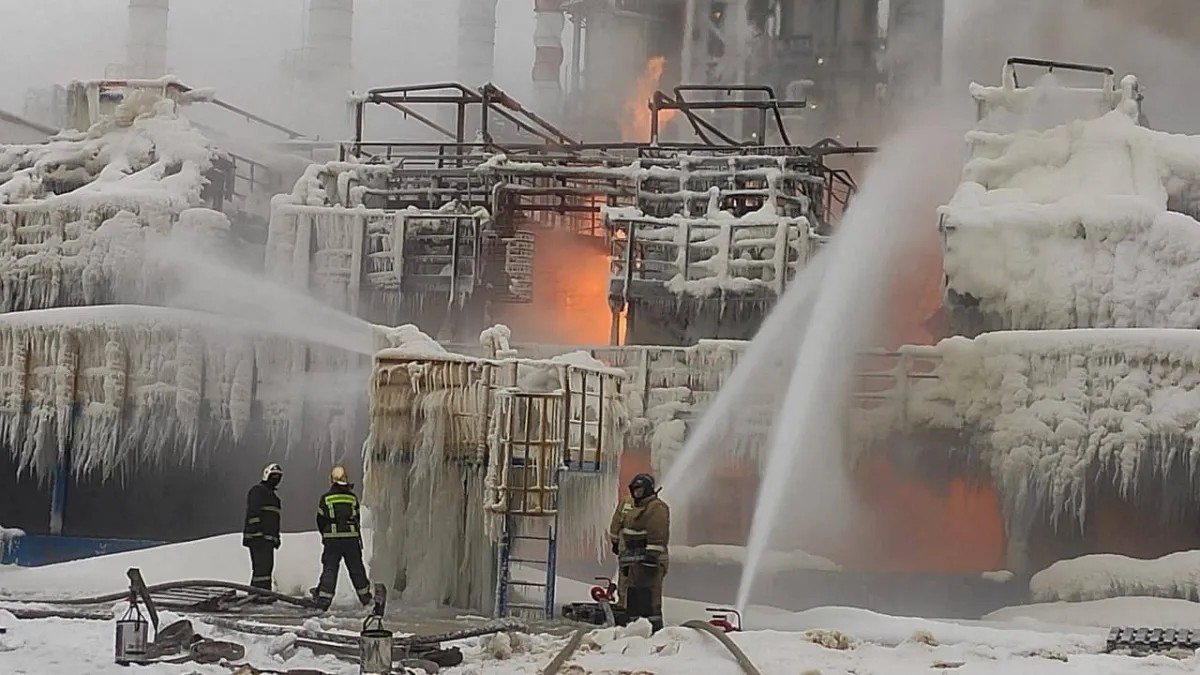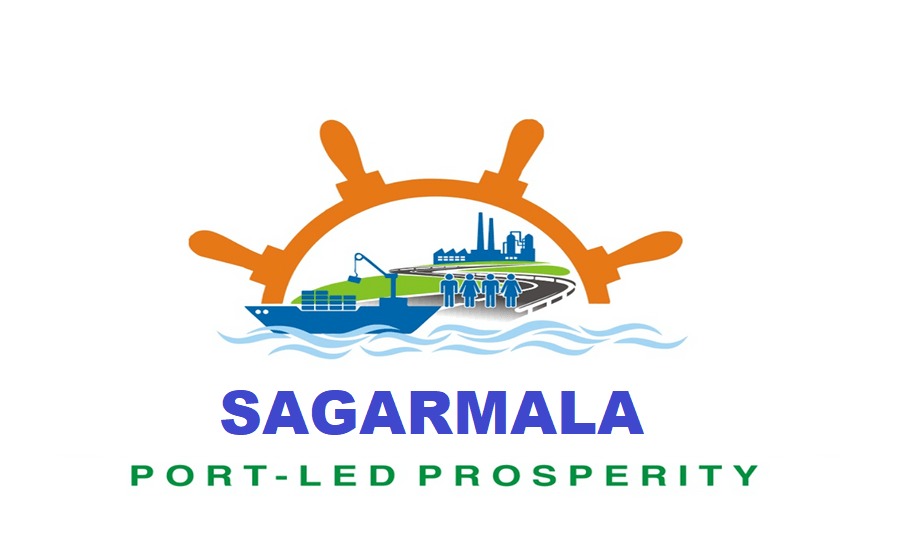
Follow WOWNEWS 24x7 on:

Russia's largest independent natural gas producer, Novatek, has diverted substantial gas condensate shipments to the Black Sea port of Novorossiisk following a major disruption at its Ust-Luga gas condensate processing complex. This strategic shift responds to ongoing operational challenges caused by a drone strike-induced fire at the Ust-Luga facility, which has temporarily halted significant parts of its processing and export activities.
Key Developments and Highlights
Ust-Luga Facility Disruption and Impact
The August 24 drone strike, attributed to Ukrainian forces, caused extensive damage and a subsequent fire at Novatek’s Ust-Luga complex. This facility is a critical node for Russian energy exports, especially for processing and shipping gas condensate-derived products to international markets. The damage forced a complete operational shutdown for several days, with partial resumption of one processing unit by late August. However, restoring full capacity is anticipated to take several months due to significant repairs required on two processing units.
This disruption has compelled Novatek to devise alternative export solutions, exemplified by the recent shipments from Novorossiisk, a Black Sea port traditionally used for crude oil exports rather than condensate. This rerouting illustrates the company's resilience and flexibility amid geopolitical and security challenges that threaten Russian energy infrastructure.
Strategic and Market Implications
Background on Novatek’s Gas Condensate Operations
Novatek's Ust-Luga complex, commissioned fully in August 2024, is equipped with three processing units capable of handling three million tonnes of stable gas condensate each per year. It plays a vital role in converting condensate into valuable products such as naphtha used in petrochemical industries, jet fuel, and ship fuel, making it essential to Russia’s energy export portfolio.
Prior to the attack, the facility processed over 4.2 million tonnes of gas condensate in the first half of 2025 alone. The disruption follows an earlier fire incident in January 2024 due to external impact, highlighting recurring operational challenges.
Outlook and Recovery Prospects
According to industry sources, repair work for the damaged processing units at Ust-Luga is expected to extend over several months for complete restoration, with partial operations already underway on unaffected units. Novatek aims to rebalance export volumes and stabilize market supply by leveraging alternative ports and shipping routes.
Energy market analysts emphasize that these developments accentuate broader shifts in Russia’s export infrastructure amid ongoing geopolitical tensions and sanctions, as well as the company's strategic pivot towards markets in Asia, especially India, amid reduced access to European consumers.
In conclusion, Novatek’s redirection of its gas condensate exports to Novorossiisk reflects a dynamic adaptation to infrastructure damage and external pressures, underlining the complex interplay between geopolitics and energy supply chains impacting global markets.
Source: Reuters

